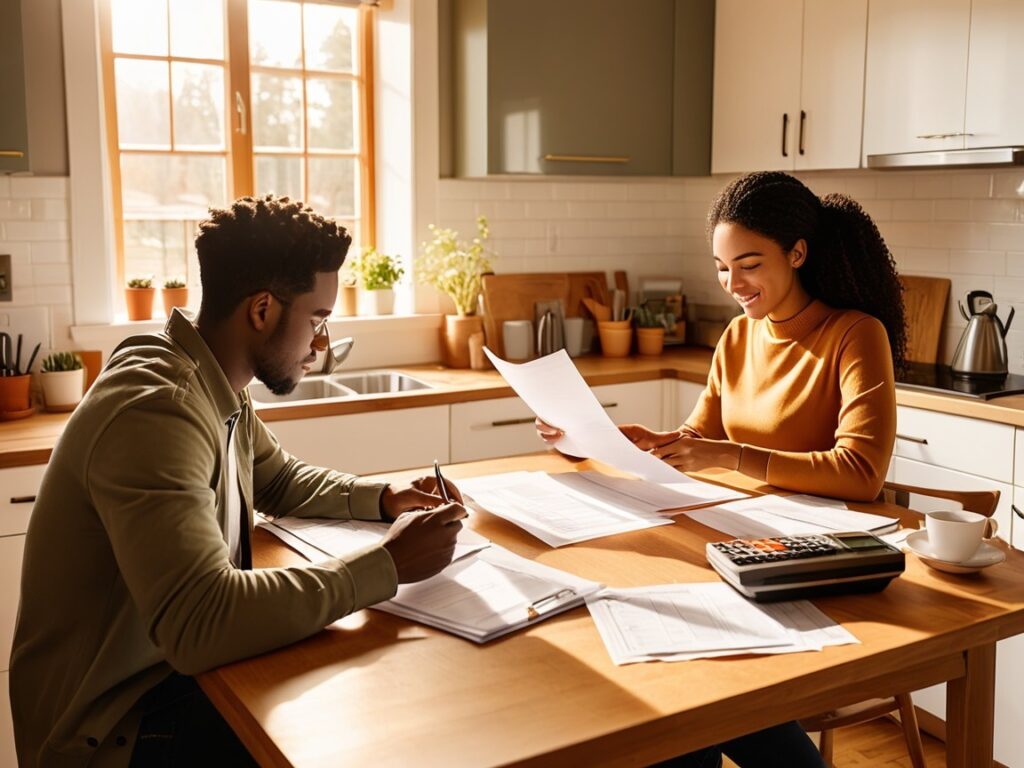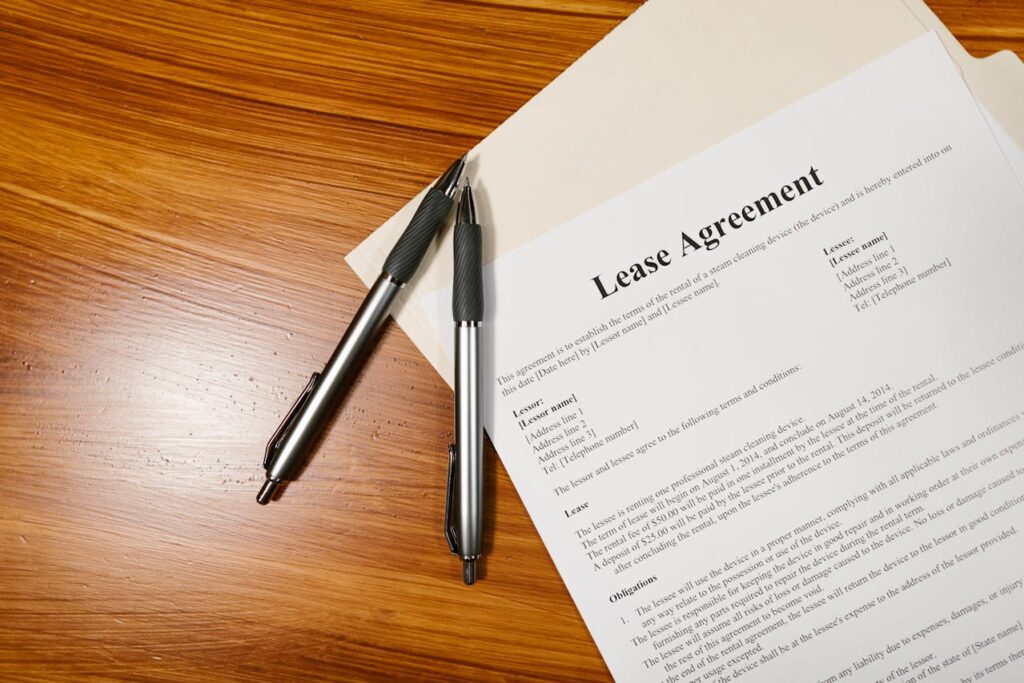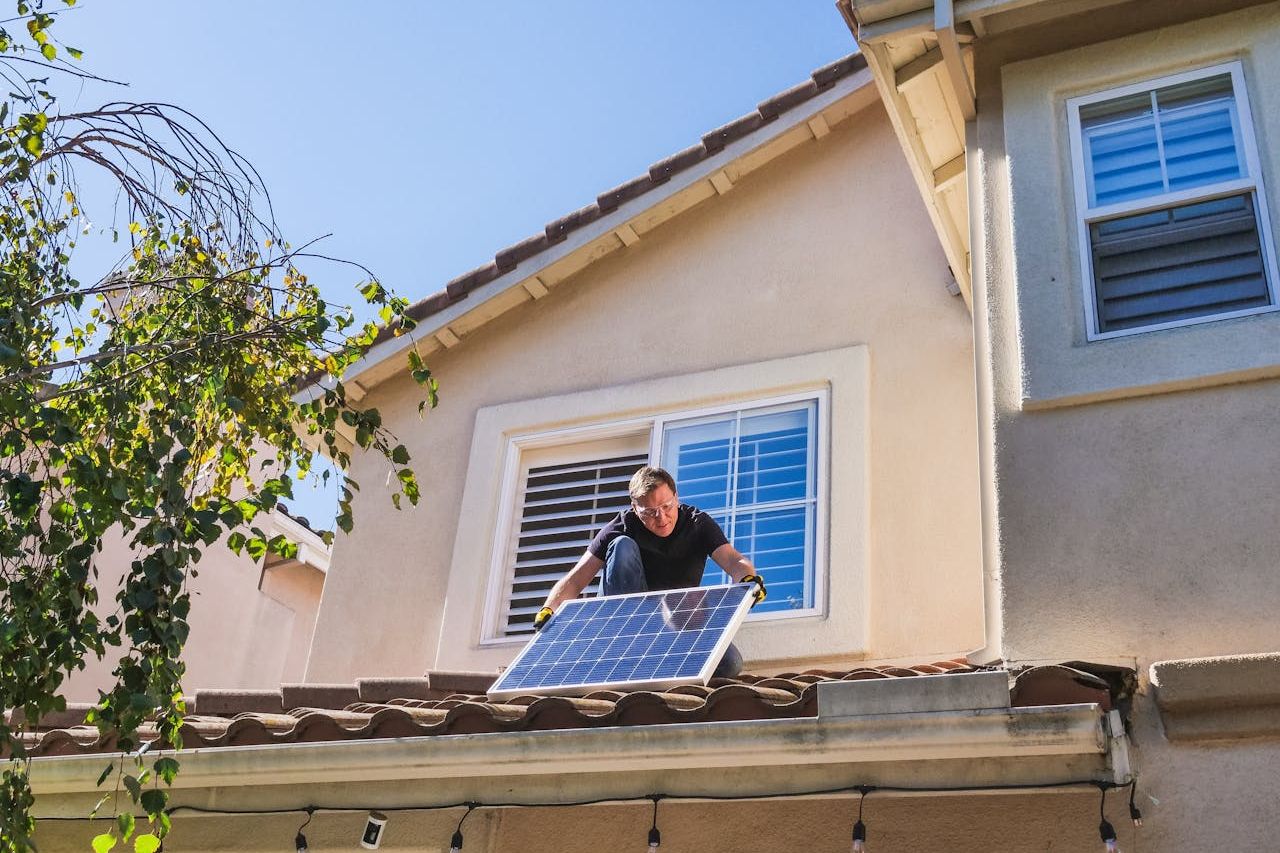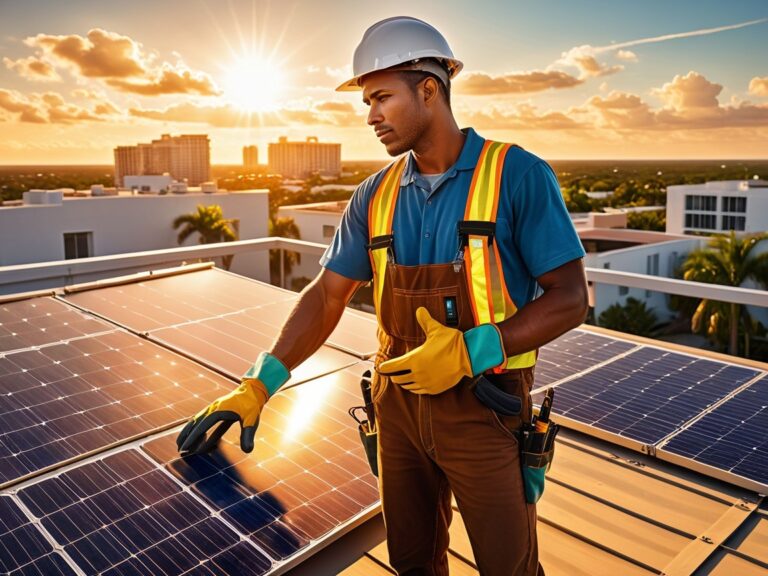Thinking about solar panels can be exciting. They cut your power bills and reduce your impact on the planet. But what happens if you might move in a few years? This question often makes people pause before leaping. It’s a big choice, and the timing matters. If you have asked yourself if it is worth investing in solar when you are not sure how long you will stay, you are not alone. Many homeowners face this same decision. In this article, we will look at the benefits, possible drawbacks, and the numbers that can help you decide.
Is It Worth Investing in Solar? How Long Does It Take to Pay Off?
The payback period is the time it takes for your solar savings to cover the installation cost. For many homes, this ranges from 6 to 12 years. The exact number depends on your energy use, system size, and electricity rates.
For example, if you spend about $1,500 a year on electricity and your panels cut that bill in half, you save $750 each year. If your system costs $9,000 after incentives, it would take roughly 12 years to break even. If you move before that, your savings come only from the years you lived there.
Impact on Your Home’s Value
Solar panels can make your home more attractive to potential buyers. They may see lower electricity bills as an immediate benefit. In many cases, research shows homes with solar sell for more than similar ones without it. The added value, however, can differ based on your area and housing demand.
If your panels are new and still under warranty, they can become a standout feature in your listing. This is especially true if you market them before the best time to sell your home in your local market passes. Buyers often like the idea of getting a ready-to-use system without the upfront cost, which could help your property sell faster and for a better price.
Saving on Energy Bills Before You Move
Even if you plan to relocate in a few years, solar panels can still reduce your electricity costs while you live there. The exact savings will depend on your energy usage, local rates, and how much sunlight your roof gets. Some homes save hundreds each year, while others save over a thousand.
Seasonal changes can also make a difference. Summer months often bring higher production, which can offset air conditioning costs. In cooler seasons, your system may produce less, but the overall yearly savings can still be significant. These reductions in monthly bills can give you extra financial breathing room before you sell your home.

Incentives and Tax Credits You Can Use Now
Many governments and local programs offer incentives that lower the upfront cost of installing solar panels. These can include rebates, tax credits, or cash-back offers. Taking advantage of these can make solar much more affordable, even if you plan to move soon.
For example, in Florida, the federal solar tax credit allows homeowners to deduct 30% of their solar installation costs from their federal income taxes. This credit applies to both the system and associated battery storage, helping to reduce the overall expense. However, it’s important to note that this incentive is set to expire on December 31, 2025.
To fully benefit, your system must be installed and operational by the end of 2025. Keep in mind that these programs change often and might have expiration dates. Also, some require that you own your home or plan to stay for a certain time. Before you invest, check the rules in your area to see which incentives you can still use.
Renting or Leasing Solar Systems
If you don’t want to buy solar panels up front, renting or leasing can be an option. Leasing means you pay a fixed monthly fee to use the system, but you don’t own it. This can lower your initial costs and let you enjoy solar benefits without a big investment. However, leasing can make selling your home a bit more complex. Some contracts require the new homeowner to take over the lease, which might not appeal to every buyer. Because of this, it’s important to understand how leasing policies and subsidies affect these contracts. Before choosing this route, check the lease terms carefully and see how they might affect your ability to sell.

Selling a Home with Solar
When selling a home with solar panels, it’s important to highlight their benefits to potential buyers. Mention how they can save on electricity bills and reduce the home’s carbon footprint. Providing maintenance records and warranty details can also build buyer confidence.
Be clear about ownership. If you own the system outright, it’s a strong selling point. If you lease or finance the system, explain how the contract transfers to the buyer. Transparency helps avoid surprises and speeds up the sales process.
When Waiting Might Be Smarter
Sometimes, waiting before installing solar makes more sense. If you plan to move very soon, it might be better to hold off. The payback period for solar often exceeds a few years, so rushing into it could mean you don’t get full value from your investment. Also, if your next home will be larger or better suited to a solar system, waiting lets you install one that matches your new needs. This can save you money and increase your long-term savings. Don’t forget, solar panel prices have been dropping steadily, so waiting might mean getting a better deal later.
So, if you’re wondering if it’s worth investing in solar when your move is just around the corner, remember that timing is key. Sometimes, waiting can save you money and give you a system that fits your future home perfectly.

Solar Can Still Be Worth It — If the Numbers Work for You
When asking if it is worth investing in solar, the answer depends a lot on your situation. If your energy savings, increased home value, and incentives add up before you move, solar can be a smart choice. It can cut your bills and make your home more attractive to buyers, giving you benefits even in a short stay.
On the other hand, if your move is very soon or the payback period is long, waiting might be wiser. Running the numbers carefully can help you avoid spending more than you gain. In the end, timing and location will guide your decision — so take your time and choose what fits your plans best.


